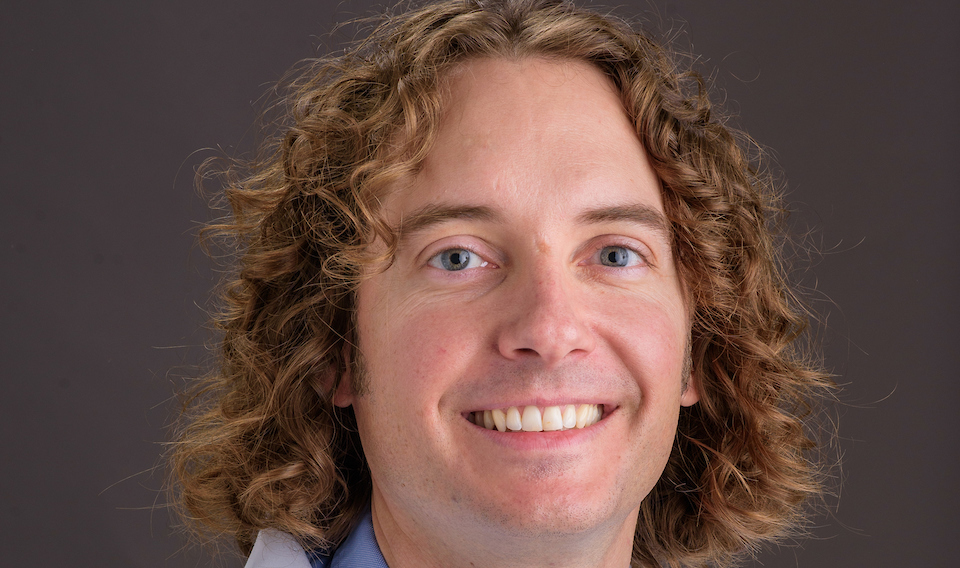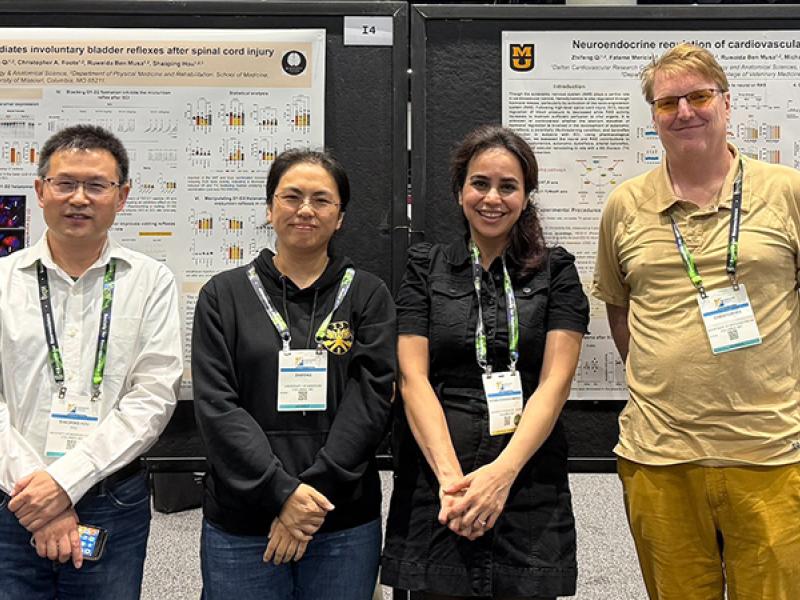
While being treated for a heart attack, patients are in danger of suffering what is known as reperfusion injury — damage to the heart caused in part by a sudden rush of calcium ions into muscle cells that previously were starved of oxygen-rich blood. This can trigger fatal arrhythmia, particularly in older patients.
The laboratory of Timothy Domeier, PhD, has discovered molecular clues into how calcium enters cardiac muscle cells during reperfusion in aged mice. Domeier hopes to use that knowledge to find an inhibitor that shuts off one of the leaky culprits — a subtype of the Transient Receptor Potential ion channel — to prevent reperfusion injury and ultimately save human lives.
Domeier has received a five-year, $1.9 million R01 grant from the National Institutes of Health (National Heart, Lung, and Blood Institute) for his study.
To learn more about Domeier and his work, watch his "Ask Me About My Research" video.





